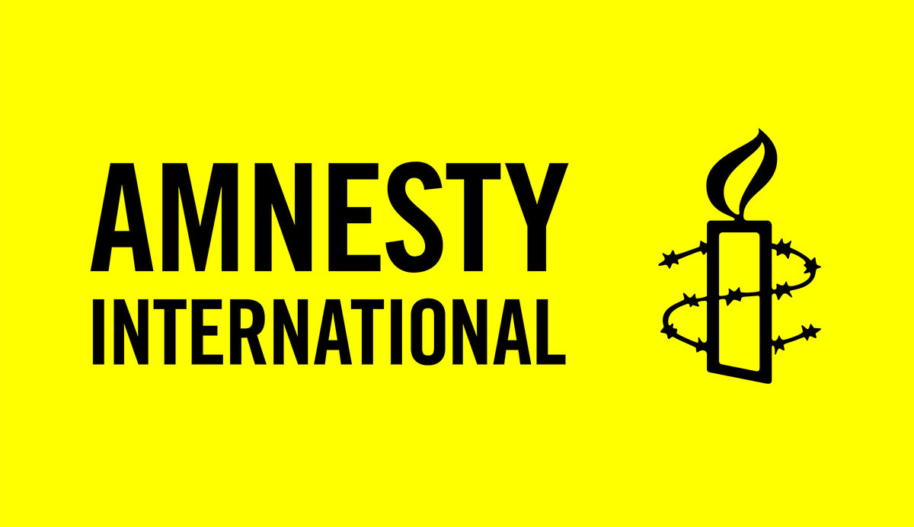Amnesty International welcomes the announcement that the Canadian Human Rights Tribunal (CHRT) has approved a $23.4 billion package to compensate First Nations children, youth and their families who were subject to willful and reckless discrimination by the Government of Canada.
“This settlement is a testament to the resilient and continued advocacy of First Nations to demand justice for past and ongoing discrimination they experience in child welfare systems and inequitable public services across the country,” said Kassandra Churcher, Executive Director of Amnesty International Canada’s English-speaking branch. “While the settlement is welcomed it should not have taken so long, and we call on the government to enact measures without delay, in collaboration with First Nations and communities, to prevent history from continuing to repeat itself.”
Justice requires more than financial settlement for First Nations children, families
In 2016, the CHRT ruled that the Government of Canada discriminated against First Nations children and their families by improperly funding child welfare services on reserves and in the Yukon, choosing not to implement Jordan’s Principle, a child-first principle and now legal rule to ensure First Nations children can access the services they need, when they need them. The government’s actions led to children being unnecessarily removed from their families, homes and communities, and being denied access to essential services.
Canada appealed the CHRT order to compensate First Nations children, youth and families, and at the same time, separate class action lawsuits were filed by First Nations children and families who experienced discrimination by Canada in child welfare and Jordan’s Principle. Discussions between the First Nations Child and Family Caring Society, Assembly of First Nations, Chiefs of Ontario, Nishnawbe Aski Nation, the Canadian Human Rights Commission, the Government of Canada and those involved in the Moushoom and Trout class actions ultimately led to the recent settlement.
While compensation is important, it is only one aspect of effective reparation. The government must also implement systemic changes to ensure the discrimination in social welfare and child protection services does not continue. As noted by the First Nations Child and Family Caring Society, the best apology Canada can offer is changed behaviour, so this may be the last generation of First Nations children and youth that have to recover from their childhoods.
Strict international obligation to protect children
Amnesty International intervened in cases before the Canadian Human Rights Tribunal and the Federal Court of Canada preceding the announcement of the compensation package. Amnesty International argued that the Canadian Human Rights Act must be interpreted consistently with Canada’s international obligations. International law strictly prohibits discrimination against an individual or group on the basis of Indigenous identity. Canada also has obligations under international law to protect children. These obligations require the government to consider the best interests of First Nations children in all of its actions, including by preserving their family environment and protecting their cultural identity through the provision of appropriate child welfare services.
The compensation agreement will be submitted to the Federal Court for final approval before the funds are distributed.













